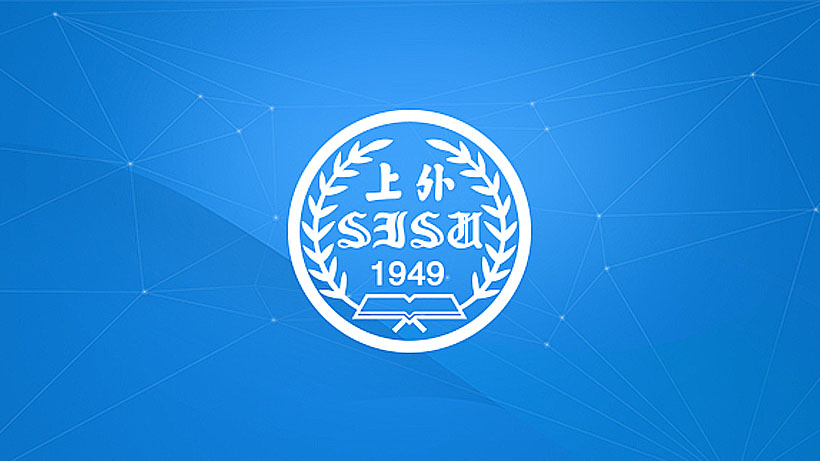
This paper investigates the impact of U.S. import tariffs on the household consumption in the United States. Despite its intent to protect income and job opportunities in counties with higher exposure to protectionist measures, our analysis reveals that households in these areas experience reduced consumption levels five quarters after the trade war began, compared to those in less-exposed counties. This trend persists even after accounting for exposure to retaliatory tariffs. The decline in both consumption quantities and prices suggests a demand-driven contraction. Further, the reduction in consumption is closely tied to falling wages. The adverse effects are more pronounced where local firms face increased upstream import costs. Our findings highlight the significance of vertical integration between U.S. and Chinese firms within the same industries targeted by U.S. tariffs. Increased import tariffs do not necessarily benefit domestic firms and may risk local household welfare.
单宏宇
单宏宇,中欧国际工商学院金融学助理教授,毕业于佛罗里达大学沃灵顿商学院并获金融学博士学位。主要研究领域为气候变化、绿色金融和ESG对于金融市场和公司决策的影响,其成果发表在The Review of Financial Studies (×2)和Production and Operations Management。多次受邀在国际学术会议发表学术演讲,包括美国金融协会年会,西部金融协会年会,中国金融国际年会等。其研究获得Phillips-Van Heusen Corporation金融创新研究基金 (PVH Corp - Fordham Social Innovation Fellowship) 、浦江人才计划等多项资助。现任Review of Financial Studies, Management Science与Journal of Financial and Quantitative Analysis等学术期刊审稿人。
新闻报道

